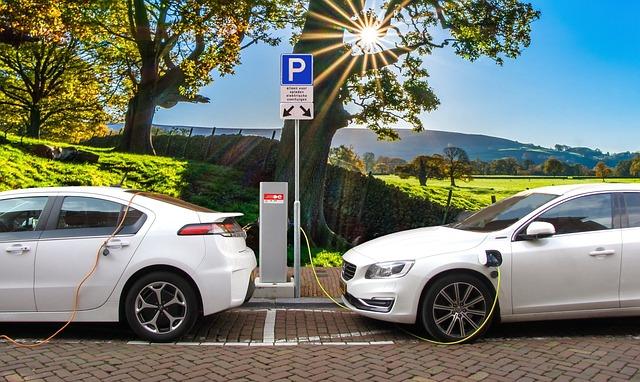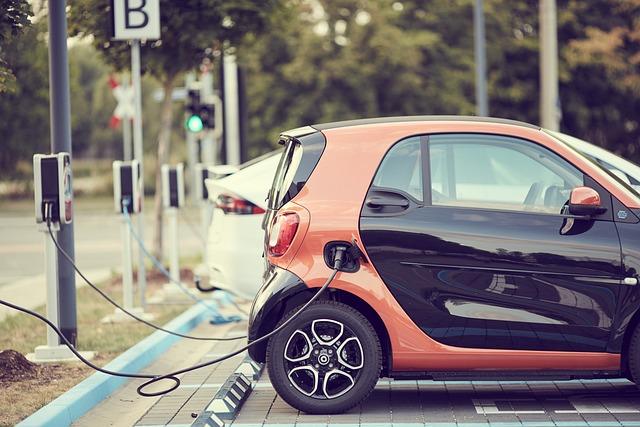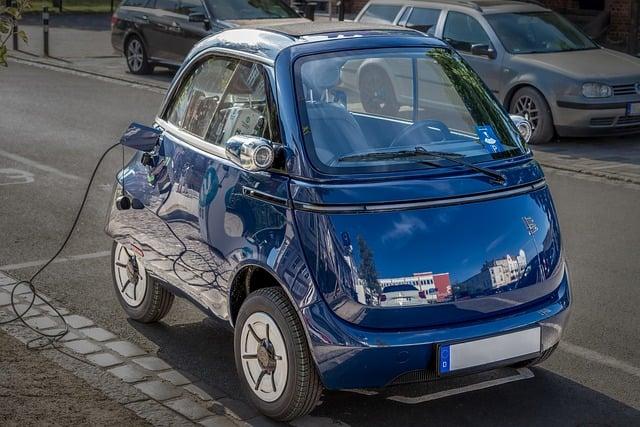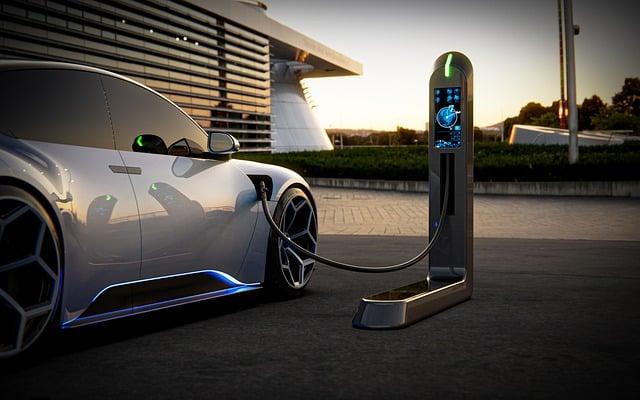- Introduction
- Environmental Impact
- Technological Advancements
- Government Incentives
- Consumer Adoption
- Conclusion
- FAQs
- References
Introduction
Electric cars have steadily gained popularity in recent years, marking a significant shift towards a more sustainable mode of transportation. This article explores the key factors contributing to the mainstream acceptance of electric cars, including their environmental impact, technological advancements, government incentives, and consumer adoption.
Environmental Impact
One of the primary drivers behind the rise of electric cars is their positive impact on the environment. By producing zero tailpipe emissions, electric cars help reduce air pollution and combat climate change. The shift towards electric vehicles plays a crucial role in promoting a cleaner and greener planet for future generations.

(Image: Pixabay/@Joenomias)
Furthermore, the lifecycle emissions of electric vehicles are generally lower than those of traditional gasoline-powered cars, especially as renewable energy sources become increasingly integrated into the power grid.
Studies have shown that widespread adoption of electric cars can significantly reduce greenhouse gas emissions and improve air quality in urban areas, making them a key solution in the fight against global warming.
Technological Advancements
The rapid advancements in electric vehicle technology have also contributed to their mainstream appeal. Breakthroughs in battery technology have led to increased driving ranges, shorter charging times, and overall better performance of electric cars.

(Image: Pixabay/@jaygeorge)
Moreover, the development of fast-charging infrastructure and smart grid integration has made owning an electric car more convenient and practical than ever before.
Automakers continue to invest heavily in research and development to enhance the efficiency and affordability of electric vehicles, driving innovation in the industry and paving the way for a sustainable transportation future.
Government Incentives
Many governments around the world have implemented various incentives to promote the adoption of electric cars. These incentives include tax credits, rebates, reduced registration fees, and access to HOV lanes for electric vehicle owners.

(Image: Pixabay/@andreas160578)
Such policies aim to make electric cars more accessible and affordable for consumers, encouraging them to make the switch to electric vehicles as part of a broader strategy to reduce carbon emissions and fossil fuel dependency.
In addition to financial incentives, some governments are also investing in charging infrastructure and renewable energy projects to support the widespread adoption of electric vehicles and create a more sustainable transportation ecosystem.
Consumer Adoption
As awareness of environmental issues grows and technology improves, more consumers are choosing electric cars as their preferred mode of transportation. The increasing availability of affordable electric models from a variety of automakers has expanded the market and made electric vehicles more accessible to a wider audience.

(Image: Pixabay/@analogicus)
Additionally, the performance, reliability, and driving experience of electric cars have improved significantly, dispelling earlier concerns about range anxiety and charging infrastructure limitations.
Consumer education and outreach efforts have also played a crucial role in boosting the acceptance of electric vehicles, highlighting the long-term benefits of zero-emission driving and the positive impact on the environment.
Conclusion
The mainstream adoption of electric cars represents a pivotal shift towards a more sustainable and eco-friendly transportation sector. With advancements in technology, supportive government policies, and increasing consumer interest, electric vehicles are poised to become the norm rather than the exception on our roads.
FAQs
Are electric cars truly better for the environment?
Yes, electric cars produce zero tailpipe emissions, helping to reduce air pollution and combat climate change compared to traditional gasoline-powered vehicles.
How long does it take to charge an electric car?
Charging times for electric cars vary depending on the type of charger used, but with fast-charging infrastructure, it is possible to charge most electric vehicles to 80% capacity within 30 minutes to an hour.
What incentives are available for electric car buyers?
Government incentives for electric car buyers may include tax credits, rebates, reduced registration fees, and access to special driving privileges, such as HOV lanes in some regions.

